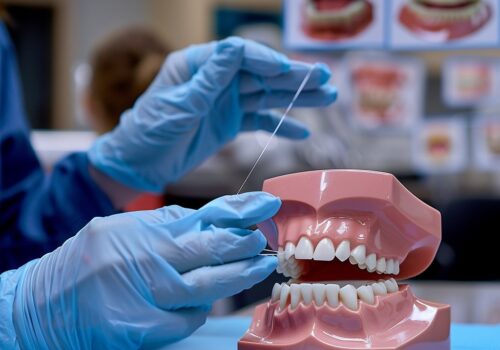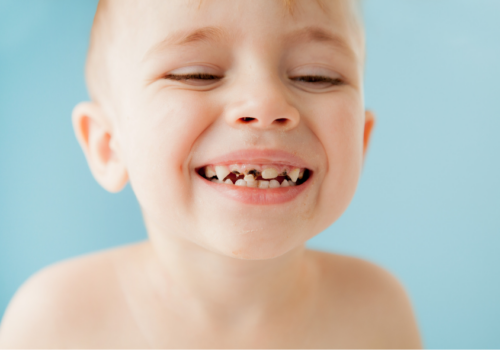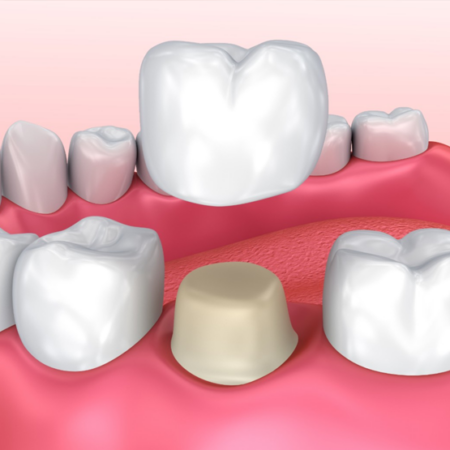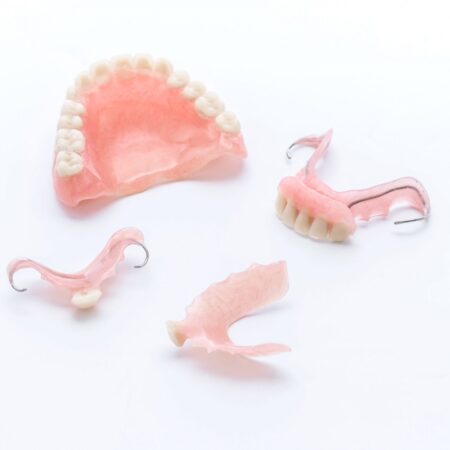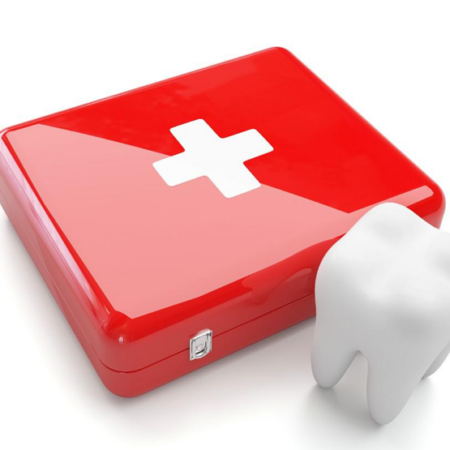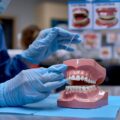
Gingivitis can be treated and prevented with self-care methods. Your best bet is to prevent it entirely, but some home remedies can be beneficial for gingivitis treatment.
How to use home remedies to treat gingivitis
Home remedies are a cheap and effective way to treat gingivitis. If you begin treatment at an early stage, home remedies are usually able to clear gingivitis. It’s essential to treat the plaque before it becomes tartar. You may also wish to increase the frequency and duration of brushing and flossing.
Even though home remedies contain natural ingredients, you shouldn’t swallow them. Always buy high-quality products to use in your remedies. It’s also a good idea to keep them refrigerated, especially if you live in a warmer climate. The home remedies explained below are generally safe to use. But seek medical advice before use if you’re pregnant, breastfeeding, or have any other medical condition.
If you’re experiencing severe symptoms, such as extreme pain or bleeding — or if your gingivitis isn’t improving with the natural remedies — see your doctor or dentist. If left untreated, gingivitis can cause more serious health problems. Keep reading to learn how 10 different home remedies can help clear your symptoms, as well as how to prevent future gingivitis.
First-line treatment options
Before moving on to other home remedies, you should make sure you’re practicing good oral care. If you aren’t taking proper care of your gums and teeth, home remedies won’t be able to clear up gingivitis.
- Avoid gingivitis
- Brush your teeth at least twice a day. If you can, brush after each meal.
- Opt for an electric toothbrush to maximize your cleaning potential.
- Make sure your toothbrush has soft or extra-soft bristles.
- Replace your toothbrush every three months.
- Floss daily.
- Use a natural mouthwash.
- Visit your dentist at least once a year.
- Refrain from smoking or chewing tobacco.
- Limit sugar.
Maintaining good oral hygiene is crucial to avoiding gingivitis and other dental problems.
Read / 10 Home Remedies for a Tooth Abscess.
After assessing your dental hygiene, you can try using home remedies.
Home Remedies for Gingivitis
Salt water treatment for gingivitis
Saltwater rinse can be very beneficial in healing gums inflamed by gingivitis. Salt is a natural disinfectant that helps your body to heal itself.
Salt water may also:
- soothe inflamed gums
- help ease pain
- reduce bacteria
- remove particles of food
- relieve bad breath
To use a salt water rinse:
- Add 1/2 to 3/4 teaspoon of salt to a glass of lukewarm water and mix well.
- Swish the solution in your mouth for up to 30 seconds.
- Spit out the solution.
- Repeat two to three times per day.
- Using a salt water rinse too often or for too long could have negative effects on tooth enamel. Long-term use may cause your teeth to erode because of the mixture’s acidic properties.
If the salt water rinse isn’t relieving your symptoms, it may be time to try a more advanced mouthwash. Remember, you should never swallow mouthwash. Be sure to spit the mixture out after swishing it around your mouth. Although there are over-the-counter and prescription mouthwashes for gingivitis, you might want to try a homemade mouthwash first.
Lemongrass oil mouthwash
In one study, lemongrass oil was found to be more effective than traditional chlorhexidine mouthwash at reducing plaque and gingivitis levels.
To use a lemongrass mouthwash:
- Dilute two to three drops of lemongrass essential oil in a cup of water.
- Swish the solution in your mouth for up to 30 seconds.
- Spit out the solution.
- Repeat two to three times per day.
Food-grade lemongrass oil is generally safe to use, but it’s very potent. Always start with a highly diluted mixture so that it doesn’t cause further irritation.
Aloe vera mouthwash
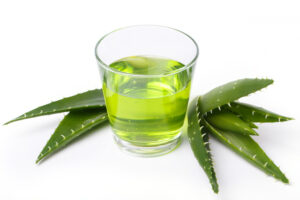
Aloe vera is as effective as chlorhexidine in reducing plaque and gingivitis. Both methods significantly reduce symptoms. Unlike other mouthwash options, aloe vera juice doesn’t need to be diluted. Before use, make sure the juice is 100 percent pure.
To use an aloe vera mouthwash:
- Swish the juice in your mouth for 30 seconds.
- Spit out the solution.
- Repeat two to three times per day.
- You should always buy aloe vera from a reputable source and follow any instructions on the label.
You shouldn’t use this mouthwash if you’ve ever had an allergic reaction to aloe vera.
Tea tree oil mouthwash
Tea tree oil mouthwash is promising for the treatment of gingivitis.
To use a tea tree oil mouthwash:
- Add up to three drops of tea tree oil to a cup of warm water.
- Swish the solution in your mouth for up to 30 seconds.
- Spit out the solution.
- Repeat two to three times per day.
You may also add a drop of tea tree oil to your toothpaste when brushing your teeth.
When trying tea tree oil for the first time, use a highly diluted amount. High concentrations can cause:
- an allergic reaction
- rash
- mild burning
Tea tree oil can also cause interactions with:
- certain drugs
- dietary supplements
- herbs
Sage mouthwash
Sage mouthwash significantly lowers the number of bacteria that cause dental plaque without any irritation.
To use a sage mouthwash:
- Boil 1 to 2 cups of water.
- Add 2 tablespoons of fresh sage or 1 teaspoon of dried sage to the water.
- Let it simmer 5 to 10 minutes.
- Strain and let the water cool.
- Use the solution to rinse two to three times per day.
- Sage has antibacterial and anti-inflammatory properties that may also help heal swollen gums and treat the infection.
Guava leaf mouthwash
Guava leaves have long been an effective treatment used to manage oral hygiene. Several studiesTrusted Source have found the antibacterial and antimicrobial properties of guava leaf mouthwash to have a positive effect on controlling plaque.
Guava leaf mouthwash may also:
- reduce gum inflammation
- relieve pain
- freshen breath
To use a guava leaf mouthwash:
- Crush five to six tender guava leaves with a mortar and pestle.
- Add the crushed leaves to 1 cup of boiling water.
- Simmer for 15 minutes.
- Allow the solution to cool and add a small amount of salt.
- Swish the lukewarm mouthwash in your mouth for up to 30 seconds.
- Spit out the solution.




